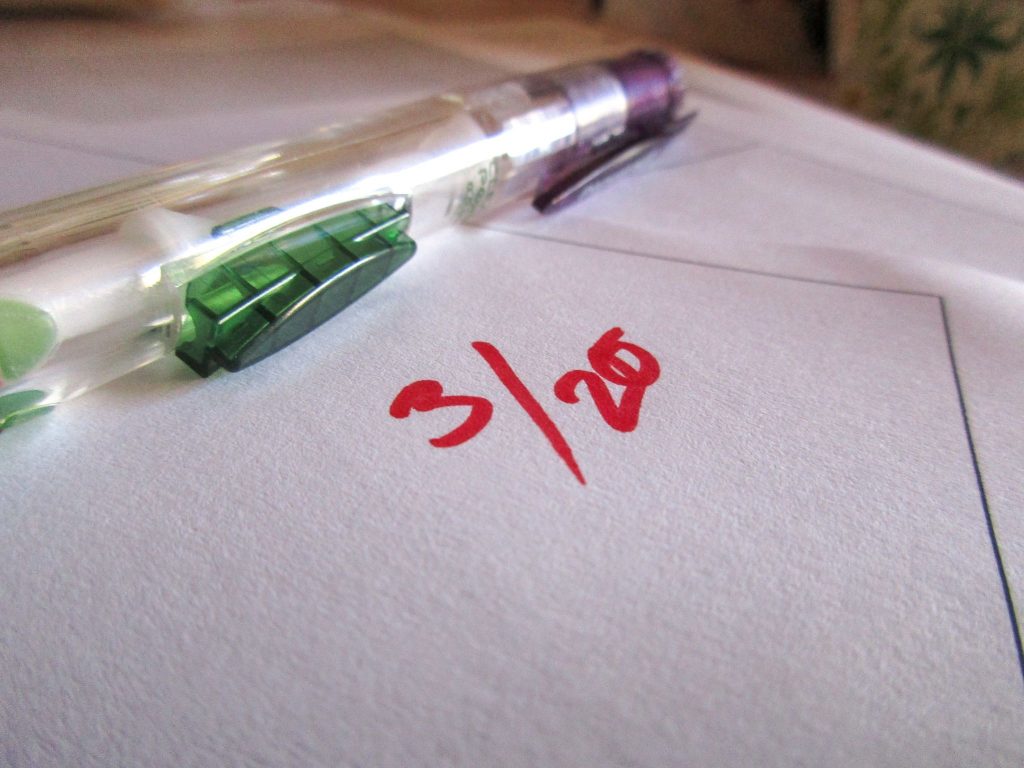With finals fast approaching and the first semester coming to a close, Berkeley High School (BHS) students are feeling the stress, especially with regards to their grades.
Other school districts have considered changing their grading systems, such as Oakland Unified School District (OUSD), which has been considering removing the D grade. Some believe that doing so would make school easier on students who already have high grades and harder on students who struggle with grades. Los Angeles Unified School District (LAUSD) has also been reconsidering its grading system, as it seeks to grade students on understanding rather than on homework completion and in-class behavior.
Although Berkeley Unified School District (BUSD) has not yet reconsidered its entire grading system, teachers are making their own modifications.
“If you come to class frequently and you make an attempt, [teachers] shouldn’t be failing students … especially these days when it’s so competitive and in order to get into college, failing a class can sort of ruin your chances,” said Roald Dejean, a Universal Ninth Grade (U9) math teacher who has been teaching at BHS for the past four years.
According to several studies, grade anxiety has become common among students. In a 2020 Newport Institute study, 59 percent of students reported worrying about taking a test, 37 percent reported having felt tense while studying, and more than half of students admitted academic anxiety, even when feeling prepared on the subject.
“I don’t think grades should be so stressful,” said Amanda Toporek, a government and economics teacher and lead teacher of Arts and Humanities Academy (AHA).
Dejean thinks that tests shouldn’t be the only way for students to prove their knowledge on a subject. He said, “I think students should get an opportunity to show what they know [in order to pass], whether it’s through a project, or a test, or a verbal interview.”
Teachers at BHS have been considering the grading system, and how to make it more equitable. The 50 percent pass idea has become popular at BHS and other schools in recent years.
“[The grading system is] such a hard system to get past … First of all, I think 50 percent pass is extremely helpful,” said Brook McKinney, a U9 English teacher.
“What that means is that no student gets a zero, so that every student has the opportunity to kind of climb out of a difficult situation and to rise to the occasion and get a good grade in the class.”
The 50 percent pass rule, also called the no zero policy, is a grading system that means no students can get below a 50 percent on any assignment.
Even in extreme cases, such as when students don’t complete work, teachers put a 50 percent in the grade book instead of a zero.
“There are a lot of ways to get an F and not a lot of ways to get even a D, C, B, or let alone an A,” said Toporek. “So a lot of teachers at BHS already do the 50 percent missing, so that you never get a zero because … if you get a zero, or even a 25 percent on something, you’re crawling your way up from the depths of despair over there.”
Dejean said that having a proper summer school could help students pass more classes.
“I really think that [we should have] a functioning summer school,” said Dejean. “In a traditional system, [if students fail one to two modules in the first semester] they end up failing first semester, but there should be like two or three weeks in the summer [when] we say, ‘Okay, we’re going to work with you and make sure that you pass.’”
Another aspect that is linked to grades is homework, something teachers are beginning to look at differently.
“I don’t like how much [grades are] focused on tests as opposed to classwork and homework,” said Reed Laurence, a student at BHS.
On the opposite end of the spectrum, BHS drama teacher Jordan Winer thinks that homework shouldn’t be such a large part of the learning experience. Winer expressed an interest in standards-based grading, a system that only counts assessments in the gradebook, and which is gaining popularity at BHS.
“I personally get kind of annoyed when … I have to … ease off on work because kids are, let’s say, battling mountains of chemistry, and I don’t think it’s fair,” said Winer. “I will say I think there needs to be a serious conversation about homework.”


